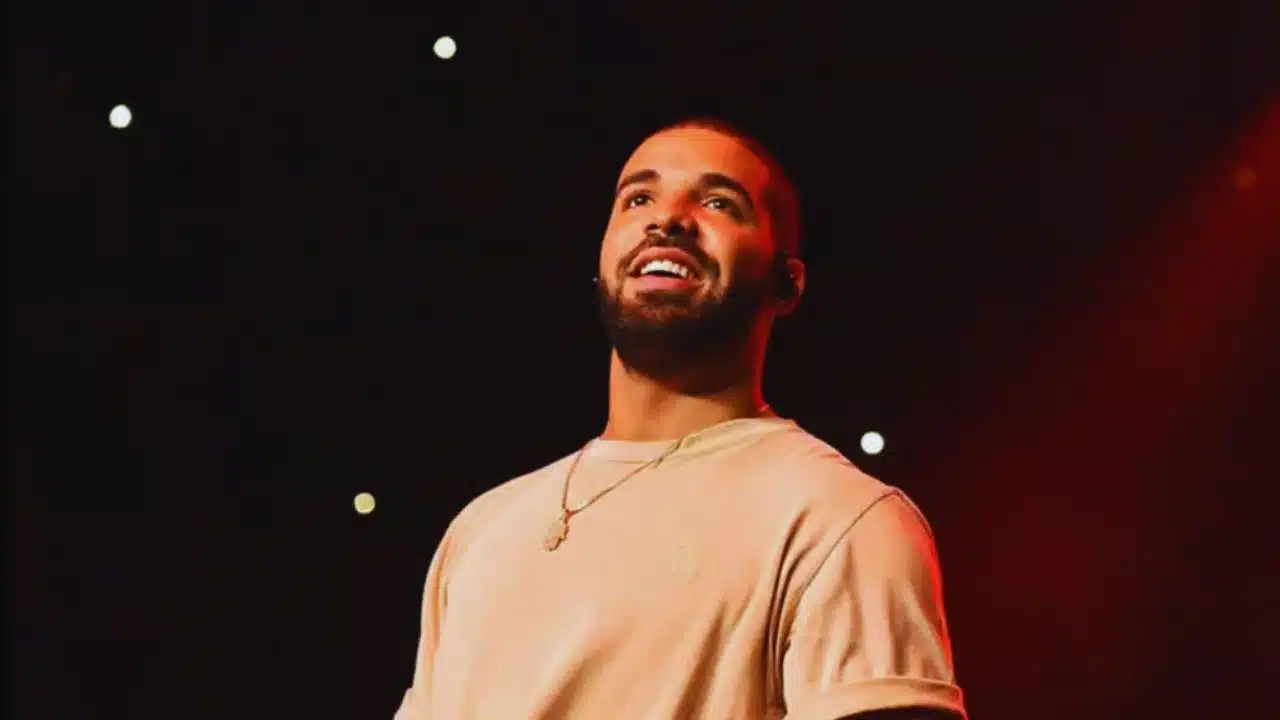Spotify has responded to allegations made by rapper Drake, who claimed that the platform intentionally inflated the streaming numbers of Kendrick Lamar’s hit track “Not Like Us.”
The accusations have added another layer to the long-standing feud between the two rappers and have now drawn Spotify and Universal Music Group (UMG) into the spotlight.
Drake’s legal team recently filed a petition in a New York court through his Frozen Moments company, accusing Spotify and UMG of manipulating streams to promote Lamar’s track. According to the petition, UMG allegedly launched a campaign to saturate streaming services with “Not Like Us,” even employing bots and pay-to-play agreements to artificially boost its popularity.
Drake’s team also highlighted claims made on an unnamed podcast, where a supposed individual admitted to using bots to achieve 30 million streams for the song during its initial release days. However, Spotify has firmly denied these allegations, stating, “Spotify found no evidence to substantiate this claim.”
Spotify’s Defense: “No Incentive” to Favor Lamar
In its official filing, Spotify rejected any claims of favoritism or manipulation. The company clarified that there was no agreement with UMG to offer discounted licensing rates for Lamar’s track in exchange for increased promotion. A Spotify spokesperson further elaborated, saying, “Spotify has no economic incentive for users to stream ‘Not Like Us’ over any of Drake’s tracks.”
Spotify also pointed out that the only promotional tool used for “Not Like Us” was a €500 Marquee campaign in France. Marquee is a visual ad format disclosed to users as a sponsored recommendation. The company stated that it invests heavily in automated and manual systems to detect and prevent artificial streaming practices. Measures include removing fraudulent streams, withholding royalties, and penalizing offenders.
UMG Weighs In: “Offensive and Untrue” Allegations
Universal Music Group, the parent company for both artists’ labels, dismissed Drake’s claims as “offensive and untrue.” Drake is signed to UMG subsidiary Republic Records, while Kendrick Lamar is under UMG’s Interscope Records. UMG denied any involvement in manipulating streams and maintained that Lamar’s success is organic and driven by his artistry.
The Song at the Center of the Controversy: “Not Like Us”
Kendrick Lamar’s “Not Like Us” has been a major cultural and commercial success since its release in May. The track, produced by DJ Mustard, quickly became a chart-topping hit, spending two weeks at No. 1 on the Billboard Hot 100 and dominating the Hot Rap Songs chart for 20 weeks. Its powerful, anthemic sound and sharp lyrics, aimed at Drake, have resonated with listeners worldwide. The song has earned five Grammy nominations, including Song and Record of the Year, solidifying its place as more than just a diss track.
The release of “Not Like Us” came after a resurgence of the Drake–Lamar feud earlier this year. The two rappers, who first clashed in 2013 following Lamar’s fiery verse on Big Sean’s “Control,” have traded barbs in their music for years. Lamar’s latest diss accused Drake of cultural appropriation and more, reigniting tensions between the two.
Drake’s Counter: “Spotify and UMG Should Comply with Discovery Requests”
Drake’s legal team responded to Spotify’s filing, accusing the streaming giant of attempting to distance itself from UMG’s alleged manipulation tactics. They argued that if Spotify and UMG have nothing to hide, they should cooperate with discovery requests to disclose relevant data.
“It is not surprising that Spotify is trying to distance themselves from UMG’s allegedly manipulative practices to artificially inflate streaming numbers on behalf of one of its other artists,” Drake’s team stated. The legal battle is likely to intensify as both sides continue to stand their ground.
Spotify’s Broader Stance on Artificial Streaming
Spotify used this opportunity to reiterate its policies on artificial streaming. The platform stated that it takes extensive measures to detect and mitigate manipulation, which includes removing fraudulent streams from charts and protecting royalties for honest artists. The company’s filing emphasized its commitment to ensuring fairness and accuracy in its streaming metrics.
The feud between Drake and Kendrick Lamar has now extended beyond diss tracks and into legal battles involving industry giants. As Spotify and UMG defend themselves against serious accusations, the situation underscores the complexities of modern music promotion and streaming metrics.
For fans, the drama only adds intrigue to one of the most compelling rivalries in hip-hop. But for the music industry, it raises questions about transparency, fairness, and the ethical promotion of content in an era dominated by streaming platforms. Only time will tell how this legal saga unfolds.
The Information is Collected from Yahoo and MSN.








































